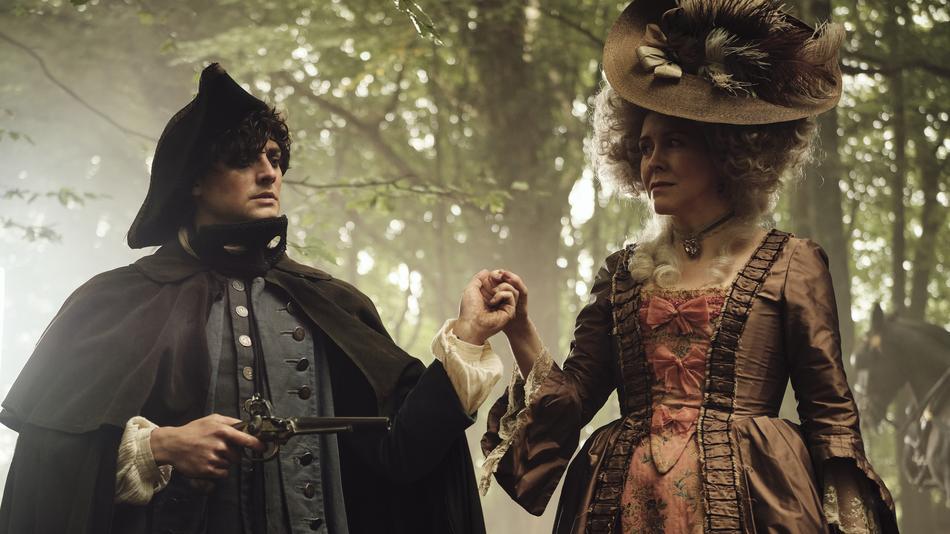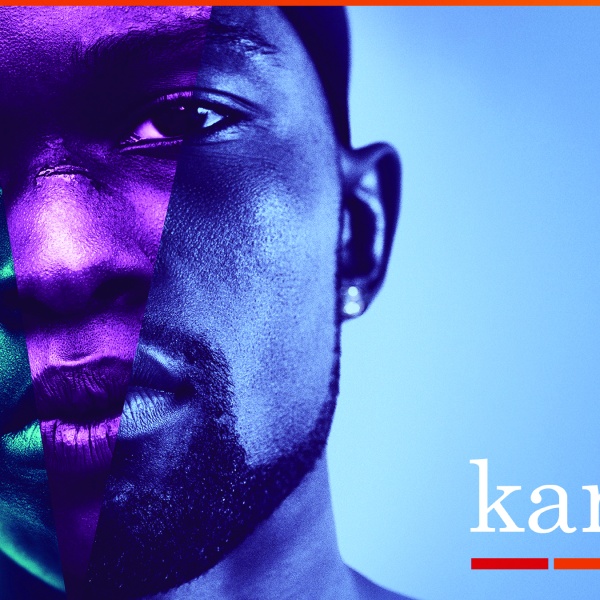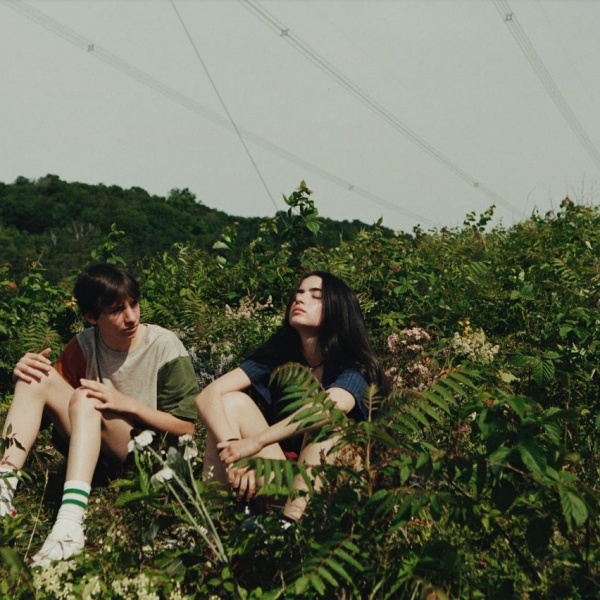Even in 1688, there were fuckboys. Such is the first and best lesson of Alice Lowe’s “Timestalker,” even if it’s one our leading lady Agnes (Lowe, who also wrote the film) has to learn over and over and over and over. That’s the gimmick of Lowe’s second feature film — a winning follow-up to her bloody good (bloody, good) 2016 feature directorial debut “Prevenge” — which is billed as a “reincarnation rom com.” Mostly, the feature serves as a stellar reminder of the elasticity of genre and Lowe’s ability to stretch any apparent limits however she sees fit.
Consider Lowe’s sophomore film a canny, slightly sweeter companion to Bertrand Bonello’s similarly plotted “The Beast”: Both films follow a pair of star-crossed lovers who continue to meet in different times, places, and stations, only to fuck it up each time. In Lowe’s version, however, her Agnes (she’s billed as “hapless” throughout the film’s press notes, and she certainly starts that way) is the only one aware of what’s actually unspooling here. Said fuckboy? That’s Aneurin Barnard, who uses his character designation as a jumping-off point to play all sorts of horrible men, from an actual heretic to an ’80s-era pop star.
When 1688’s Agnes (a medieval laundress already beset by weirdo Jesus fantasies even before Barnard’s Alex shows up) first spots the supposed heretic as he’s being led to execution, she can’t control herself. Starry-eyed over the handsome baddie, she breathes out the single funniest possible thing one could say to a supposed heretic — “My God!” — before she attempts to save him from getting his head chopped off, only to get herself offed (gruesomely!) in the process.
Such is Agnes’ lot in life, as she’ll find Alex throughout history, with mostly the same results each time. As she explains it, “She meets her soulmate, saves him, and then her head comes off!” Some of their interactions will be short — in a 1847-set sequence, Agnes barely has time to call after him before she dies. Lowe, meanwhile, spends more time in 1796 France and 1980 New York, as Agnes starts to grow both more aware of her lot in life and more bonkers because of it.
If that all sounds like an excuse for Lowe — as star, director, and writer — to flit through different time periods and characters, so be it, what a treat. Even on an indie budget, Lowe and her team credibly re-create some of history’s most iconic eras (the miracle of the wigs in the pre-revolution France section deserves its own accolades alone), and by the time she zips way, way ahead in time, any smart producer will be throwing money at her for her next film. She can do anything.

Alex is not the only recurring person in Agnes’ lives: There’s also Nick Frost as a one-time husband turned stalker, Tanya Reynolds as best pal (and perhaps more) Meg, Kate Dickie as an eye-rolling elder, and Jacob Anderson as a perpetually put-upon hired hand. As Agnes moves through time, she keeps falling into the same bad patterns — not all of them due to her obsessive love for Alex — but with the possibility of real growth always lingering.
Throughout each one of her lives, Agnes will find Alex, but she will also find her best friends and greatest enemies, the stories cycling onward. Truly, nothing is new, no story hasn’t been told before, and she keeps dying at the end (“They always do,” Frost’s George smirks, and while he’s talking about the women who populate the books Agnes reads, he might as well be talking about her).
That Agnes needs to take control of her own fate and love herself first is the obvious answer to all these cosmic problems, but as cheesy and rote as that might sound, Lowe finds ways to make it all feel if not wholly original, at least quite fresh. You’ve heard this story before, but you’ve never seen it quite like this.
Grade: B
“Timestalker” premiered at the 2024 SXSW Film & TV Festival. It is currently seeking U.S. distribution.



